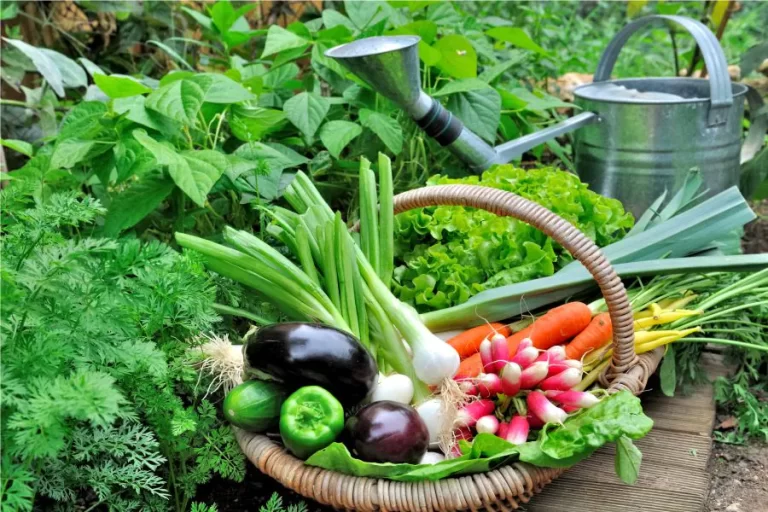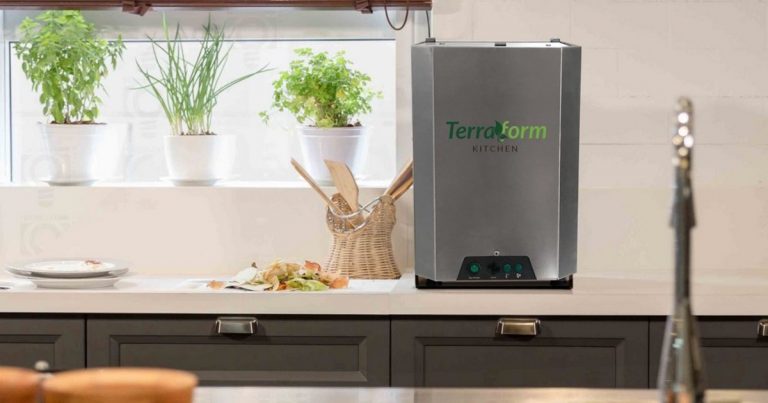How to Create and Maintain an Efficient Home Compost Bin
Home composting is a sustainable practice that turns organic waste into valuable compost to fertilize your garden. If you have a large backyard or live in the countryside, implementing a compost bin at home can be a great way to reduce waste and benefit the environment. In this guide, you will learn how to set up and manage your own compost bin, optimizing your home composting.

Benefits of Home Composting
Home composting offers several benefits, both for the environment and for your garden. Here are a few reasons to consider composting at home:
- Waste Reduction: Home composting helps reduce the amount of waste sent to landfill, reducing environmental impact.
- Natural Fertilization: The resulting compost is a nutrient-rich natural fertilizer that can improve soil health and promote plant growth.
- Economy: Producing your own compost reduces the need for chemical fertilizers, saving you money in the long run.
Choosing the Method
There are several different composting methods you can use at home. The method you choose depends on the space you have available and your specific needs. Here are some popular options:
- Plastic Compost Bin: Ideal for those with limited space. You can use plastic boxes or buckets with lids to store organic waste.
- Pallet Playpen: If you have a larger yard, you can build a composting pen out of reused pallets. This will give you more space for composting and make waste management easier.
- Drum Composter: A more advanced option, where a rotating drum facilitates aeration and speeds up the composting process.
Assembling the Compost Bin at Home
Setting up a compost bin at home is a relatively simple process. Follow these steps to create your own compost bin:
- Choose Location: Choose a suitable location in your yard or outdoor area where the compost bin can receive good airflow and will not interfere with daily activities.
- Container Preparation: Use a plastic box, bucket with a lid, or build a playpen out of pallets. Make sure the container has adequate ventilation to promote aeration.
- Composting Layers: Start by alternating layers of dry leaves, grass or straw with layers of organic waste. The layers should be formed to maintain the structure and allow efficient decomposition.
- Addition of Materials: Add food scraps, fruit and vegetable peels, coffee grounds, and other organic waste. Avoid adding toilet waste and non-compostable products.
- Use of Lime and Manure: To prevent odors and pest infestation, add a small amount of lime to the waste. If available, add layers of animal manure to enrich the compost.
- Maintenance: Turning the compost once a month is essential to ensure good aeration and speed up the decomposition process. Keep the compost moist, adding water when necessary.
Compost Bin Care and Maintenance
Keeping your compost bin in good condition is crucial to ensuring the effectiveness of the process. Here are some tips for successful composting:
- Humidity Monitoring: Compost should be moist, but not soggy. Check moisture regularly and adjust as necessary.
- Avoid Odors: If your compost starts to smell, it could be a sign of too much moisture or a lack of aeration. Turning the compost and adding dry materials can help solve the problem.
- Pest Control: To avoid attracting pests such as rodents and insects, keep the compost bin well covered and avoid adding meat or dairy products.
Benefits of Final Compost
After the composting period, which usually takes about 90 days, the compost will be ready for use. The benefits of the finished compost include:
- Soil Improvement: Compost improves soil structure, increases water retention and promotes plant health.
- Reduced Fertilizer Needs: Compost provides essential nutrients for plants, reducing the need for chemical fertilizers.
- Increased Biodiversity: The use of compost stimulates microbiological activity in the soil, promoting a healthy ecosystem.
Adopt Home Composting
Home composting is an affordable and beneficial practice that can easily be incorporated into your daily routine. By following the steps outlined and maintaining a well-managed compost bin, you can help reduce waste, improve soil health, and promote a more sustainable environment. Adopt home composting and make a difference in your garden and the planet.
Check out other interesting facts about recycling clicking here.
Learn how to make art by recycling, Click here.



